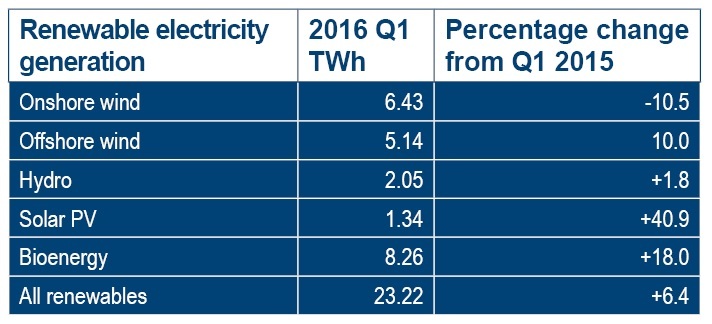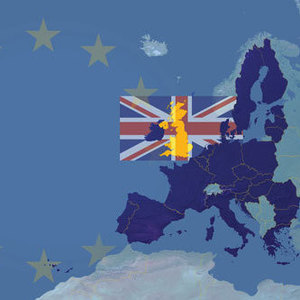Brexit and Biomass







July 27, 2016
BY Amanda Saint
Advertisement
Advertisement
Related Stories
New Brunswick’s Belledune Generating Station is testing advanced wood pellets to lower emissions and extend its operating life.
The call for presentation abstracts for the 19th annual International Biomass Conference & Expo is now open. The event will take place in Nashville, Tennessee, March 31 – April 2, 2026. Abstracts can be submitted through Nov. 21.
Japan-based Renova Inc. on Oct. 14 announced that its 75-megawatt (MW) Omaezakikou Biomass Power Plant resumed operations on Oct. 10. The facility was idled in June following a malfunction of auxiliary boiler equipment.





